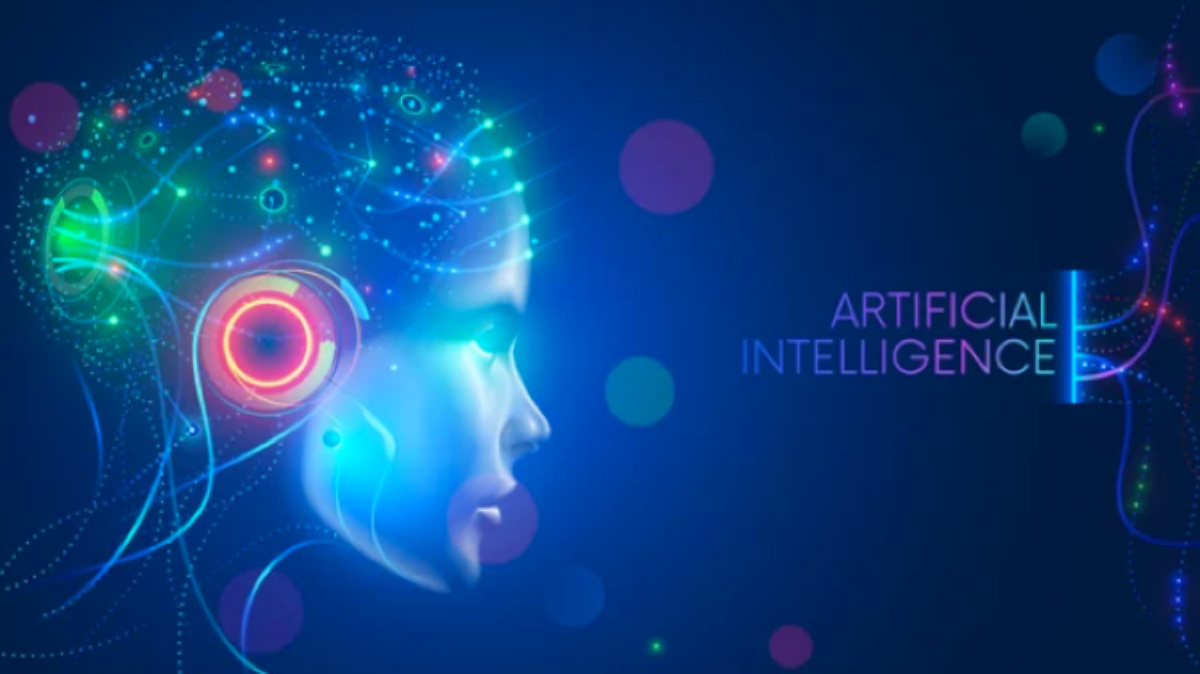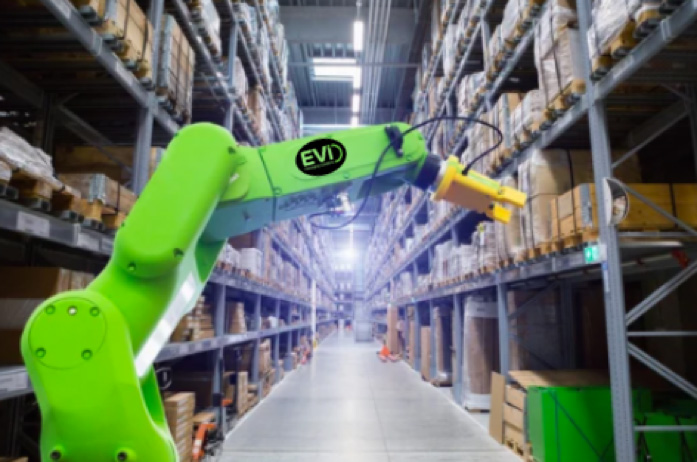Artificial intelligence can improve warehouse logistics.
Warehouse logistics is undoubtedly one of the most critical and sensitive management items in the manufacturing sector, especially for the number of internal and external variables involved in every type of operation, even the seemingly simpler ones.
To be sure, some steps have already been taken, both in mechanization and in automation, but the goal of the intelligent warehouse still remains one of the great challenges of digital transformation.
Warehouse logistics turns towards the smart warehouse.
In order to be able to have the support of artificial intelligence in current logistics, some precautions are necessary which, in theory, are not very different from those needed in any other production context. On a conceptual level, it is in fact “sufficient” to collect the data and have the right computing power and algorithms to analyze them; automation is the apparently most complex aspect, but also one in which the availability of technological solutions is already considerable on the market.
Partly or completely, many warehouses are already automated; however, we know that automation is not automatically synonymous with smart solutions.

For example, one of the most relevant cases is the management of goods receipt. An automated warehouse is probably able to manage the materials present in a shipment once it arrives, and perhaps in some cases even update its stocks. An intelligent warehouse, thanks to the applications of artificial intelligence, may also be able to interface with personnel management to establish shifts according to the incoming shipments and to communicate with the entire supply chain the expected availability of finished products in the days or in the following weeks.
With regard to “field operations”, an intelligent warehouse can make activities more efficient even where complete automation is not usable or is not appropriate for reasons related to investments. For example, anyone who has had the opportunity to manage the unloading of goods and their positioning knows how complex it is to handle them without bottlenecks or inefficiencies. A smart warehouse, also making use of previous experience and training by the most experienced workers, can manage everything, from unloading flows to unpacking of goods, and carry out each operation as efficiently as possible, also supporting the staff in the decisions of practical character.
Technologies to support the intelligent warehouse.
In order to hypothesize an intelligent warehouse capable of providing real support to operations, it is first of all necessary to have the data. These can be obtained with the usual technologies, for example RFID or barcodes. For more complete solutions, it is also possible to equip means of transport and mobile equipment with localization systems, in order to entrust the management of movements and availability.
On the handling side, the more integrated solution goes towards robotics, which however is not feasible in all production areas, for reasons of scale, economic or type of products handled which on some occasions may be impractical.

In this case, new types of logistics support come in handy: wearable technology applied to warehouse management can be a very valuable support in streamlining operations. Today, for example, it is possible to give commands with the voice reliably, or to have smart glasses that offer the operator suggestions and information without the need to look away or to operate on terminals, with a considerable increase in efficiency and above all security.
A constantly evolving scenario.
Using artificial intelligence in warehouse logistics is still a mirage. However, recent sector reports indicate that in 2020 only 12% of companies have already applied solutions of this type, but more than half of the interviewees are convinced of their validity. Beyond the strictly technological aspects, which can be overcome thanks to advanced solutions for the supply chain, there are also other aspects to consider.
For example, one of the most relevant is the fear that too high levels of automation could subtract value from the company’s historical professional skills. An unjustified fear: one of the main themes within the study of artificial intelligence, of “machine learning” and in general of the whole world that revolves around data management, is precisely that of improving the interaction between man and machine , the “human-machine interaction”. This is because the ultimate purpose of high-tech solutions is to support people and allow them to make the most of their time.
More information on the subject is available for consultation directly from the official website of the European Commission (https://ec.europa.eu).



Leave a comment